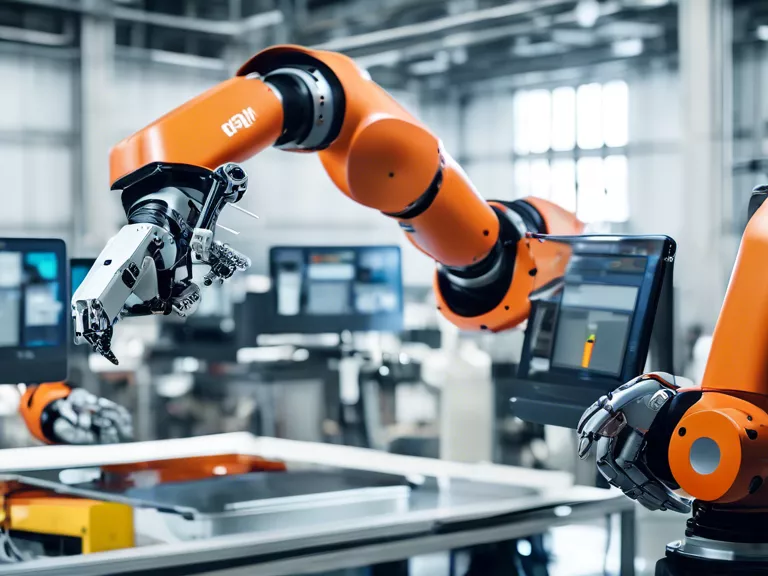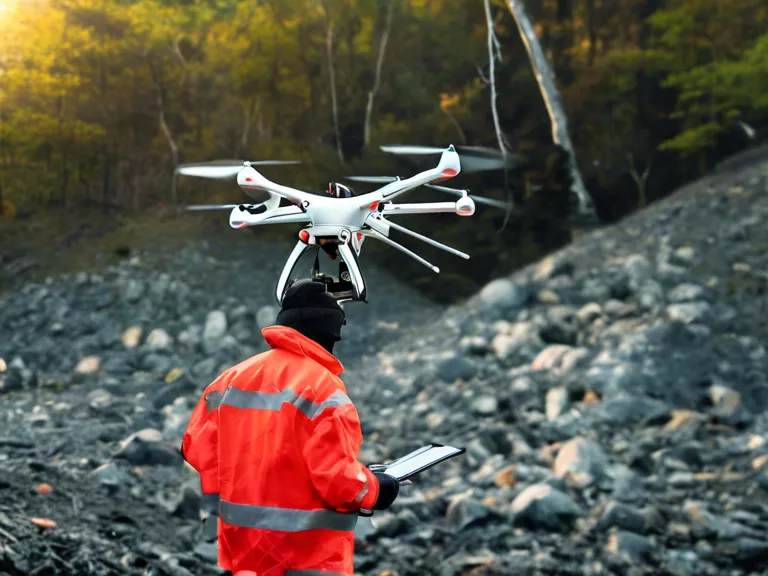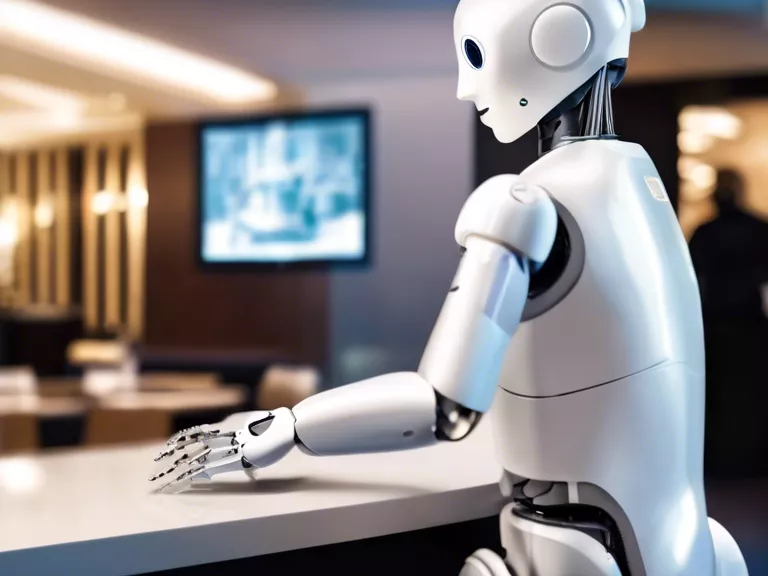
Collaborative robots, or cobots, are revolutionizing the manufacturing industry by enhancing productivity and efficiency. These robots work alongside human workers to automate tasks, improve quality control, and increase production output. In this article, we will explore how collaborative robots are transforming the manufacturing sector and helping companies stay competitive in today's fast-paced market.
One of the key ways in which collaborative robots are enhancing productivity in manufacturing is by streamlining production processes. Cobots can perform repetitive and tedious tasks with precision and consistency, freeing up human workers to focus on more complex and creative work. This leads to faster production cycles and higher overall productivity.
Cobots are also improving quality control in manufacturing operations. By using advanced sensors and artificial intelligence algorithms, these robots can detect defects and anomalies in real-time, ensuring that only high-quality products make it to the market. This helps companies reduce waste, lower production costs, and enhance their reputation for delivering top-notch products.
Another benefit of collaborative robots in manufacturing is their flexibility and scalability. Unlike traditional industrial robots, cobots are easily programmable and can adapt to different tasks and processes. This makes them ideal for small batch production runs and quick changeovers, allowing companies to respond swiftly to changing market demands and customer preferences.
Moreover, collaborative robots are increasing safety in manufacturing facilities by handling hazardous or ergonomically challenging tasks. By taking over dangerous jobs, cobots help reduce the risk of workplace accidents and injuries, creating a safer and more sustainable working environment for employees.
In conclusion, collaborative robots are a game-changer for the manufacturing industry, enhancing productivity, quality control, flexibility, and safety. Companies that invest in cobot technology are reaping the benefits of increased efficiency, reduced costs, and improved competitiveness in the global market. As technology continues to advance, collaborative robots will play an increasingly crucial role in shaping the future of manufacturing.



